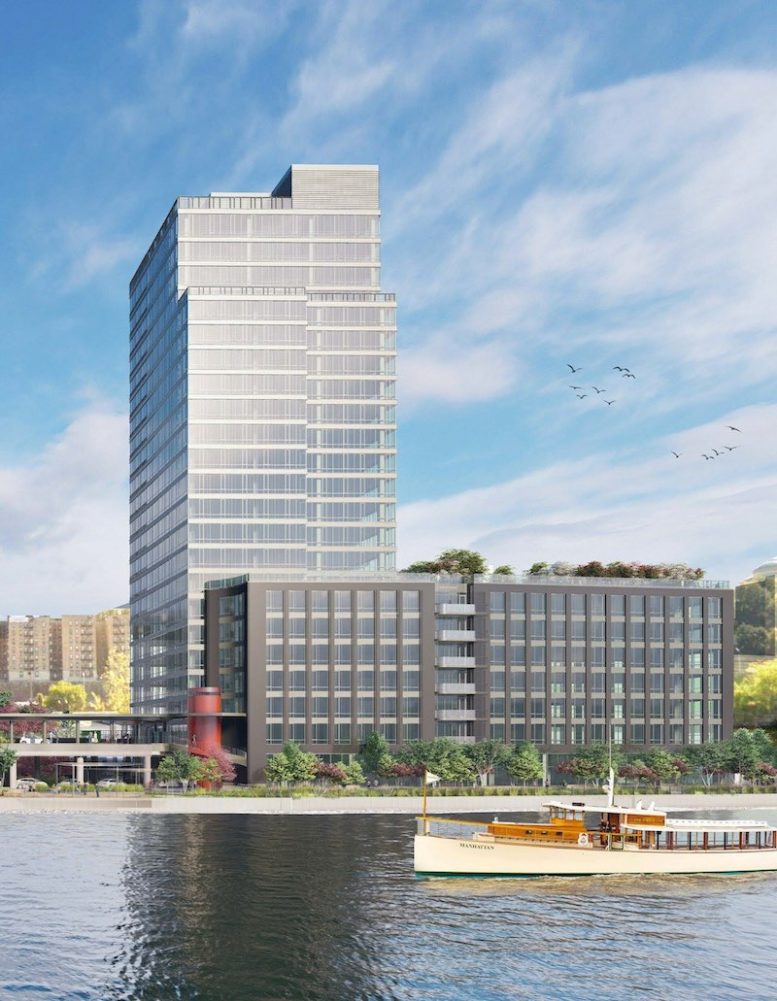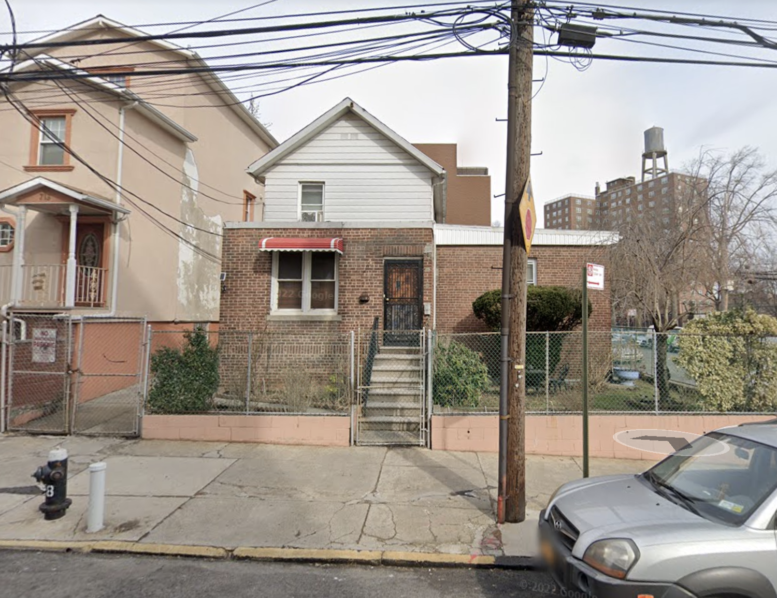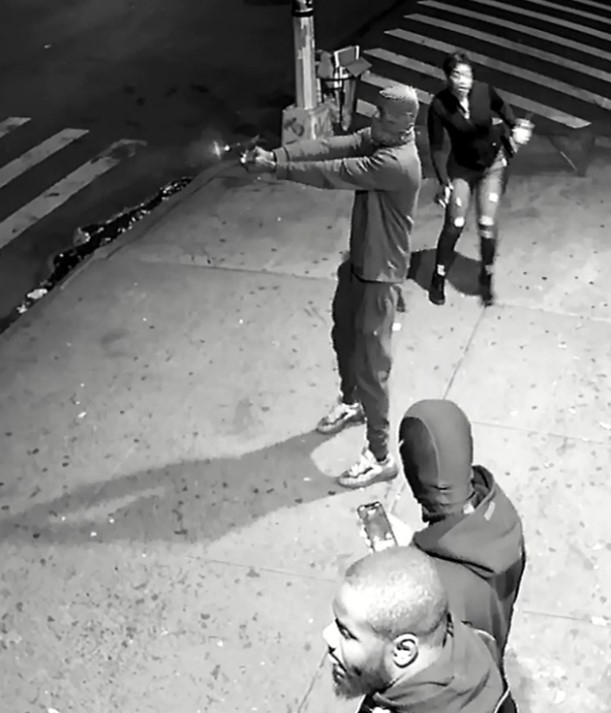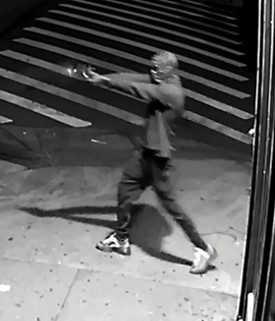Corporación Financiera Colombiana S.A. (Corficolombiana), a Colombian financial services institution, has agreed to pay over $80 million to resolve parallel bribery investigations by criminal, civil, and administrative authorities in the United States and Colombia stemming from the company’s involvement in a scheme to pay millions of dollars in bribes to high-ranking government officials in Colombia.
The U.S. Department of Justice’s resolution is coordinated with authorities in Colombia, as well as the U.S. Securities and Exchange Commission (SEC).
According to court documents, Corficolombiana entered into a three-year deferred prosecution agreement (DPA) with the Department in connection with a criminal information filed in the District of Maryland charging the company with conspiracy to violate the anti-bribery provision of the Foreign Corrupt Practices Act (FCPA). Corficolombiana was majority-owned and controlled by Grupo Aval Acciones y Valores S.A., a Colombian holding company and issuer in the United States.
According to court documents, between 2012 and 2015, Corficolombiana conspired to offer and pay more than $23 million in bribes to high-ranking Colombian government officials in order to win a contract to construct and operate a highway toll road known as the Ocaña-Gamarra Extension. Corficolombiana conspired with Odebrecht S.A. (Odebrecht), a global construction conglomerate based in Brazil, to pay bribes to Colombian government officials in the executive and legislative branches and to an executive at Colombia’s state-owned infrastructure agency, in order to win the rights to construct and operate the Ocaña-Gamarra Extension. To carry out the bribery scheme, Corficolombiana caused other entities to enter into fictitious contracts with companies associated with intermediaries that passed along the bribe payments to the Colombian government officials. Ultimately, Corficolombiana earned approximately $28.63 million in profits from the corruptly obtained business.
“Corficolombiana, together with its co-conspirators, agreed to pay more than $20 million in bribes to high-ranking government officials across the Colombian government to win a massive infrastructure project,” said Acting Assistant Attorney General Nicole M. Argentieri of the Justice Department’s Criminal Division. “Today’s resolution – the first-ever coordinated with Colombian authorities in a foreign bribery case – reflects the Justice Department’s commitment to working shoulder-to-shoulder with our foreign partners to combat transnational corruption and hold accountable companies that brazenly pay bribes for economic gain.”
“Corficolombiana has acknowledged its role in a significant foreign bribery scheme, and for that it is being held accountable,” said U.S. Attorney Erek L. Barron for the District of Maryland. “Under the DPA, the company is paying a substantial criminal penalty and will continue to cooperate with the United States in criminal investigations relating to this conduct. My office is pleased to be part of this first-ever joint FCPA bribery prosecution with Colombian authorities.”
Pursuant to the DPA, Corficolombiana will pay a criminal penalty of $40.6 million. The Department has agreed to credit up to half of that criminal penalty against money that the company and its subsidiary, Estudios y Proyectos del Sol S.A.S. (Episol), paid to Colombia’s Superintendencia de Industria y Comercio (SIC), for violations of Colombian laws related to the same conduct, so long as the company and Episol drop their appeals of the SIC resolution. In addition, Corficolombiana will pay over $40 million in disgorgement and prejudgment interest as part of a resolution of the SEC’s parallel investigation.
Corficolombiana also agreed to continue cooperating with the Department in any ongoing or future criminal investigations relating to this conduct. In addition, under the agreement, Corficolombiana agreed to continue enhancing its compliance program and providing reports to the Department regarding remediation and the implementation of compliance measures for the term of the DPA.
“Today’s resolution shows that justice has a steep price for those who attempt to bribe foreign government officials,” said Assistant Director Luis Quesada of the FBI’s Criminal Investigative Division. “Schemes like these violate the Foreign Corrupt Practices Act and are an attempt to fundamentally undermine the spirit of economic competition. The FBI is dedicated to protecting the integrity of the global marketplace, which means investigating bribes of any amount, and preventing the corruption of officials at all levels.”
The Department reached this resolution with Corficolombiana based on a number of factors, including, among others, the nature and seriousness of the offense. Corficolombiana received credit for its cooperation with the Department’s investigation, which included (i) timely providing the facts obtained through the company’s internal investigation; (ii) making numerous detailed factual presentations that distilled certain key factual information; (iii) producing documents that the government may not otherwise have had access to in ways that did not implicate foreign data privacy laws; (iv) providing sworn testimony from Colombian criminal and administrative proceedings of relevant witnesses whom the government could not independently interview; (v) proactively identifying information previously unknown to the government; and (vi) collecting and producing voluminous relevant documents and translations, including documents located outside of the United States.
The company promptly engaged in extensive remedial measures including, among other things (i) conducting a root cause analysis of the conduct identified during internal investigations and promptly taking actions to enhance its corporate governance and controls at joint venture entities, as well as improving its oversight of non-controlled joint ventures and investments; (ii) overhauling its compliance program; (iii) enhancing its third-party intermediary risk management process; (iv) implementing a robust process for reporting and investigating allegations of misconduct; (v) establishing a disciplinary process overseen by a cross-functional ethics committee; (vi) conducting testing of its anticorruption compliance program; and (vii) engaging in a periodic review of and updating of its anticorruption compliance program. In light of these considerations, the criminal penalty calculated under the U.S. Sentencing Guidelines reflects a 30% reduction off the bottom of the applicable guidelines fine range.
The FBI’s International Corruption Squad in Miami is investigating the case. The Justice Department’s Office of International Affairs, Colombia’s Superintendencia de Industria y Comercio, and the Fiscalía General de la Nación provided substantial assistance in the matter.
The Criminal Division’s Fraud Section is responsible for investigating and prosecuting FCPA matters. Additional information about the Justice Department’s FCPA enforcement efforts can be found at www.justice.gov/criminal/fraud/fcpa.





